FC Regulatory Entity

In this article
FC stands for Financial Commission, which is an independent international body for brokers and traders. Certain disputes arising in the trading market are being handled by an external dispute resolution mechanism.
As part of its mission, this organisation’s body assists brokers and traders in resolving disputes between clients and providers of financial services. They act as a third-party organisation to resolve all conflicts.
Using a process that is simpler and quicker, the Commission is fully aiming to resolve all complaints. The company won’t raise any issues with the legal system or industry regulators.
All traders will be helped to resolve their disputes in an unbiased and transparent manner. Aside from that, the Commission also aims to improve the client’s understanding of the Forex market.
What is so special about the Commission?
The FC Regulatory body unites all those FX brokers who know the significance of conduct when dealing with financial markets. In addition, they aim at educating all those smart traders who are fully aware of how to manage things well when working inside the forex market or performing trading.
Moreover, they have developed a straightforward and transparent approach for self-regulation on the market of digital currencies. Hence, they are just providing a free dispute resolution service between the exchanges, traders, and financial firms.
Companies that join the financial Commission demonstrate their commitment to upholding the highest financial standards. In addition, they are often taught how to perform the best practices in conducting any business regardless of the locations and licenses.
In short, all the activities are coming together just to create a credible and cleaner Forex environment overall.
What’s there for the Forex and CFDs Traders?
- Complete protection through the commission compensation fund for more than €20,000 per case.
- Do not remain in the dark; learn how to provide the answers.
- Efficient and swift investigation through the process of resolution.
- Educational tips and free material is provided to the traders of different levels.
- Grab the opportunity to pick from a maximum of 35 approved members.
How does the Financial Commission handle complaints?
Upon receiving a complaint from the Financial Commission, the organisation will make the best efforts to resolve the whole issue through the member’s own Internal Dispute Resolution process.
According to the basic rules of the Financial Commission, each member must have the complaints contact person all along with the internal Dispute Resolution (IDR) Procedure in its place.
The IDR department will be giving a quick response to the complaint in less than 10 business days. This substantive response should be including:
- Acknowledgement of the customers’ complaint
- Suitable offered compensation
- Providing the reason if the complaint has been rejected.
If the customer is not satisfied with the IDR procedure or the way you dealt with the complaint, they can make another formal complaint to the Financial Commission one more time.
What is the dispute resolution process?
Step no 1: Filing a complaint to the Financial Commission
Within 45 days from the incident, a client can file a complaint with the Financial Commission. Clients must attempt to resolve complaints with the member before filing a claim.
The member will have a maximum of five days to acknowledge the complaint from the client. The company has 14 days to respond either negatively or positively to the complaint. A Member’s Internal Dispute Resolution (IDR) procedure is used to provide this response.
The client can choose to file a complaint with the Financial Commission after 14 days if they are not satisfied with the response or decision of the member.
Step no 2: Investigation phase
Upon receiving a complaint, the Financial Commission will begin establishing the main reasons why the complaint has been made. Then, within five business days, they will verify its overall validity.
In those 5 days, the DRC head will contact the client and member to obtain all the required information. A potential settlement or resolution of the complaint will be determined through this. Therefore, this stage is called the investigation phase.
The complaint will be referred to the Determination Phase and DRC if no such settlement opportunity is forthcoming during the investigation phase.
Step no 3: Determination phase
DRC will now make some decisions based on the information which has been collected through the Determination phase. If any extra information is required, DRC will request the client or the member to forward more details. The requested parties have to answer in 7 days.
Step no 4: Awards and orders
DRC decisions are yet binding on the brokers. But the decisions of DRC are binding on the clients only if they will accept them. In case the complainant agrees to the DRC decision, they have to respond to them within the time frame of 14 days. But if the client does not respond, then the complaint will be closed on the 15th day.
To what extent are compensation funds covered?
A Member’s Compensation Fund only covers judgments of up to €20,000 per client.
By allocating 10% of member dues, the Financial Commission finances the entire compensation fund. A separate bank account will be used to hold the funds. This fund is not to be used for any financial operation or organisational purpose.
This compensation fund is generally acting as the insurance policy for the member’s clients. This fund can just be used for the sake of judgment which is already issued by the Financial Commission
Bottom line
We will summarise the discussion by saying that the Financial Commission is not regulated or registered in any jurisdiction. But, in addition, it operates in such a way that, to some extent, it brings swift and transparent values as well.
Thus, the Financial Commission ensures that brokers and traders can resolve all disputes in an unbiased, efficient, and smooth manner. In doing so, you will gain a much deeper understanding of Forex and Contracts for Differences (CFDs).
Jason Morgan is an experienced forex analyst and writer with a deep understanding of the financial markets. With over 13+ years of industry experience, he has honed his skills in analyzing and forecasting currency movements, providing valuable insights to traders and investors.
Forex Content Writer | Market Analyst
Relevant Posts

LFSA Regulatory Entity
[top_three_brokers] Labuan Financial Services Authority (Labuan FSA) is responsible for providing financial services in Labuan…
Read more

CFTC Regulatory Entity
[top_three_brokers] Trading in futures contracts has rapidly extended beyond conventional physical and agricultural commodities into…
Read more

CMVM Regulatory Entity
[top_three_brokers] The CMVM is a forex broker company set up in Portugal that provides financial…
Read more

LSE Regulatory Entity
[top_three_brokers] LSE Group (London Stock Exchange Group) is a global provider of financial market infrastructure…
Read more

MAS Regulatory Entity
[top_three_brokers] Internationally, the Monetary Authority of Singapore (MAS) has long been considered the gold standard…
Read more

BaFin Regulatory Entity
[top_three_brokers] A German Financial Authority, Bundesanstalt für Finanzdienstleistungsaufsicht, is abbreviated as BaFin, known as Federal…
Read more

AMF Regulatory Entity
[top_three_brokers] AMF, the Autorite des Marches Financiers, also known as a financial market authority, is…
Read more

NBRB Regulatory Entity
[top_three_brokers] NBRB Regulatory Entity (National Bank of the Republic of Belarus) is the Republic of…
Read more

HCMC Regulatory Entity
[top_three_brokers] HCMC, the Hellenic Capital Market Commission, regulates the compliance of financial services firms with…
Read more

CBR Regulatory Entity
[top_three_brokers] The Central Bank of Russia is the country's institution responsible for developing the state's…
Read more
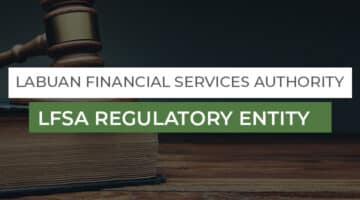
LFSA Regulatory Entity
[top_three_brokers] Labuan Financial Services Authority (Labuan FSA) is responsible for providing financial services in Labuan…
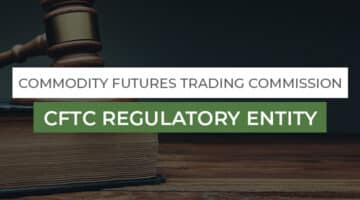
CFTC Regulatory Entity
[top_three_brokers] Trading in futures contracts has rapidly extended beyond conventional physical and agricultural commodities into…
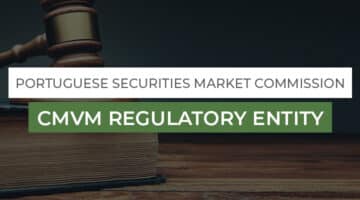
CMVM Regulatory Entity
[top_three_brokers] The CMVM is a forex broker company set up in Portugal that provides financial…
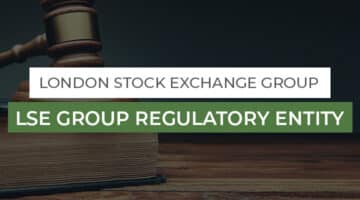
LSE Regulatory Entity
[top_three_brokers] LSE Group (London Stock Exchange Group) is a global provider of financial market infrastructure…

MAS Regulatory Entity
[top_three_brokers] Internationally, the Monetary Authority of Singapore (MAS) has long been considered the gold standard…
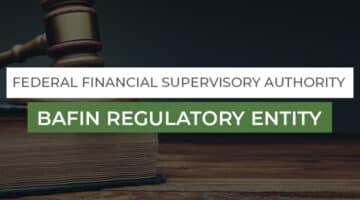
BaFin Regulatory Entity
[top_three_brokers] A German Financial Authority, Bundesanstalt für Finanzdienstleistungsaufsicht, is abbreviated as BaFin, known as Federal…
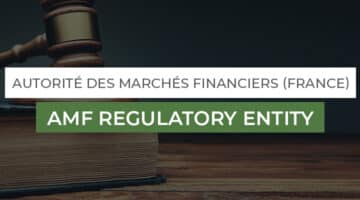
AMF Regulatory Entity
[top_three_brokers] AMF, the Autorite des Marches Financiers, also known as a financial market authority, is…
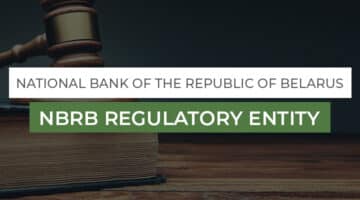
NBRB Regulatory Entity
[top_three_brokers] NBRB Regulatory Entity (National Bank of the Republic of Belarus) is the Republic of…
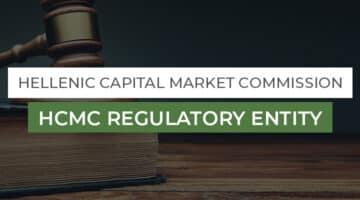
HCMC Regulatory Entity
[top_three_brokers] HCMC, the Hellenic Capital Market Commission, regulates the compliance of financial services firms with…

CBR Regulatory Entity
[top_three_brokers] The Central Bank of Russia is the country's institution responsible for developing the state's…


